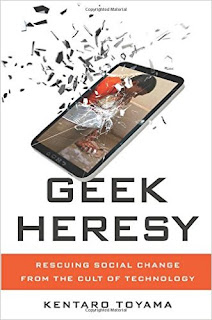The answer to academic publishing challenges is not always open access
You probably have read about ‘ Lingua-gate ’ by now where the editors of the linguistics academic journal Lingua quit their job and journal in protest over publisher Elsevier’s pricing and publishing policy ( What a Mass Exodus at a Linguistics Journal Means for Scholarly Publishing ) . The very fact that it is discussed so widely in virtual academia is already an indication that this is significant beyond the journal and the commercial publisher in question. And the response to the issue is almost always the same: ‘We need (insert very precious metal) standard open access!’ I am writing my response from a very practical standpoint: I work, research and teach a lot a Swedish university/university college; I am not an ‘evangelist’ or ‘advocate’ for or against anything; I am a small cog in the global academic machine – and increasingly I am getting a bit tired over the ‘open access journal articles will save the world/knowledge/academy’ discussions. As I wrote before ( Are journals hi


